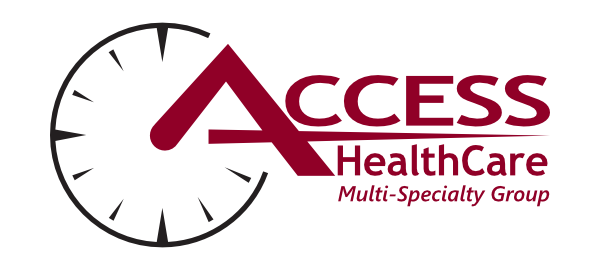Prediabetes vs. Diabetes: What You Need to Know
Prediabetes might sound like a “light” version of diabetes—but it’s anything but harmless. In fact, it’s a loud, flashing warning sign from your body that you’re on the edge of developing a serious, lifelong condition. The good news? With early action, prediabetes can often be reversed.
Here’s what you need to know about the difference between prediabetes and Type 2 diabetes—and how to protect your health or the health of someone you love.
🧪 Why This Matters Right Now
- Over 1 in 3 U.S. adults has prediabetes—yet more than 80% don’t even know it.
- Worldwide, diabetes now affects over 500 million people, and that number is expected to rise sharply in the next few years.
- The sooner prediabetes is identified, the more likely it can be reversed—before long-term damage begins.
👉 Early screening and lifestyle changes can make all the difference.
🔍 Prediabetes vs. Diabetes: What’s the Difference?
| Prediabetes | Type 2 Diabetes | ||
|---|---|---|---|
| A1C Level | 5.7% - 6.4% | 6.5% or higher | |
| Fasting Glucose | 100-125 mg/dL | 126 mg/dL or higher | |
| What it Means | Blood sugar is elevated, but not yet at diabetes level | A chronic condition where the body doesn't use insulin properly |
Prediabetes means your blood sugar is higher than normal—but not high enough to be called diabetes. It indicates that your body is starting to resist insulin or not produce enough of it.
Type 2 diabetes occurs when insulin resistance becomes more severe or insulin production decreases to the point where glucose builds up in the bloodstream.
⚠️ Signs & Risk Factors to Watch
Many people with prediabetes have no symptoms at all. That’s why routine screening is so important — especially if you have one or more of the following risk factors:
- Being overweight or obese
- Age 45 or older
- A family history of diabetes
- Sedentary lifestyle
- High blood pressure or cholesterol
- History of gestational diabetes (diabetes during pregnancy)
- PCOS (Polycystic Ovary Syndrome)
🧵 Pro tip: A simple waist measurement can give a clue. Experts suggest your waist circumference should be less than half your height to reduce diabetes risk.
🧠 Why Early Detection Matters
Prediabetes doesn’t always progress to Type 2 diabetes—but when it does, the health risks increase significantly, including:
- Heart disease and stroke
- Kidney damage
- Vision loss
- Nerve damage
- Increased risk of infection and slow wound healing
The earlier you act, the more you can prevent or delay these complications. In many cases, small but steady lifestyle changes can help you return to a healthy blood sugar range.
💪 Can Prediabetes Be Reversed? Yes!
According to the Centers for Disease Control and Prevention (CDC), losing just 5% to 7% of your body weight and getting 150 minutes of physical activity per week can cut your risk of developing diabetes in half.
Simple, proven strategies:
- Choose whole foods over processed snacks
- Drink more water, and cut back on sugary drinks
- Add a daily walk or short movement breaks
- Keep regular sleep and meal schedules
- Monitor blood sugar with support from your healthcare provider
Medication (like metformin) may also be recommended for certain individuals—but it’s usually paired with lifestyle changes.
🩺 When Should You See a Doctor?
If you’re at risk, it’s time to schedule a screening. This may include:
- An A1C test
- Fasting blood glucose
- Oral glucose tolerance test (OGTT)
Even if you feel fine, testing could reveal an opportunity to take charge before diabetes develops.
📥 Check Your Prediabetes Risk
Curious whether you might be at risk? The CDC offers a quick, easy-to-print Prediabetes Risk Test to help you assess your personal risk level. It’s a useful tool to bring to your next medical visit or share with loved ones.
Download the CDC Prediabetes Risk Test (PDF) (Quick self-check guide from the Centers for Disease Control and Prevention)
If you score high — or simply want peace of mind — don’t wait to talk to your healthcare provider and get tested.
👨⚕️ AHMG Can Help
At Access HealthCare Multi-Specialty Group, we’re here to help you navigate your health with confidence. From blood sugar testing to personalized diabetes prevention plans, our team provides the guidance and support you need -- right here in Lynchburg and Forest, VA.
📍 Don’t wait for symptoms. Take a step toward prevention today.
👉
https://access-healthcare.net | 📞 434.316.7199







































